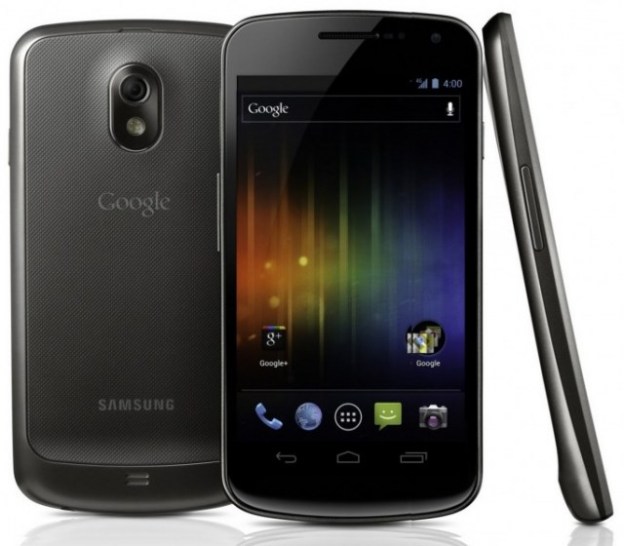
The Samsung Galaxy Nexus is the first phone to ship with Android 4.0 “Ice Cream Sandwich” pre-installed as its operating system—and it’s coming to Verizon Wireless next month—but early customers in Europe have been reporting problems with the phone’s volume level: the device’s audio volume will drop to nothing for seemingly no reason, after which the device’s hardware volume controls become unresponsive. Early Galaxy Nexus customers have been flooding user support forums over the issue, and now both Samsung and Google have confirmed that they’re aware of the problem—and a fix should be coming soon.
“Regarding the Galaxy Nexus, we are aware of the volume issue and have developed a fix,” Samsung UK said in a statement. “We will update devices as soon as possible.”
Google released a nearly identical statement.
The bug is particularly problematic for listening to music or using other media, or relying on alarms or other audio alerts.
Neither company elaborated on the cause of the problem—debate has been raging whether it is in hardware or software—or detailed when a fix might be available. Some retailers have promised customers a fix will be available before the end of the month, although it’s not clear they have any concrete information on which to base those reassurances.
Speculation from hardware-savvy members of the Android community (like this one from Lee Johnston) seems to have centered on radio interference as the cause of the problem, with Google’s “fix” for the device basically amounting to increasing the threshold for what the device consideres to be user input on the volume controls, rather then random fluctuations caused by EM interference.
Editors' Recommendations
- Best Samsung Galaxy deals: S24, Buds, Watches and more
- The best Samsung tablets in 2024: our 6 favorite picks
- 5 phones you should buy instead of the Samsung Galaxy S24 Plus
- Best tablet deals: iPad, Samsung Galaxy Tab, Fire, and more
- 5 ways the Samsung Galaxy S24 beats the Google Pixel 8


